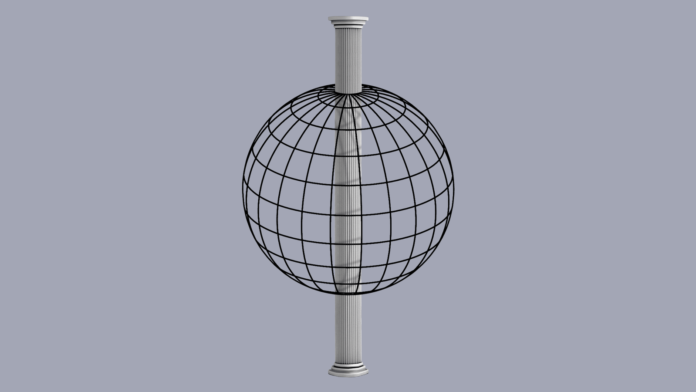Author: Tom McTague
Affiliation: The Atlantic
Organization/Publisher: The Atlantic
Date/Place: March 10, 2022/London, the UK
Type of Literature: Analysis
Word Count: 2462
Link: https://bit.ly/3wLOEGL
Keywords: Ukraine, Russia, US, Liberalism, West
Brief:
In the wake of the Ukraine invasion and the West’s self-congratulatory sentiment, the article poses a number of questions about the supposedly winning liberal order. The author starts by showcasing aspects of the West’s self-righteous rhetoric about the reawakening and unity of the liberal order, from the US to Germany and the EU. Over the course of the ongoing crisis, many Western leaders have depicted a battle between light and darkness, as Biden and Zelensky have used, and power and law, as Germany’s Scholz has stated. While the Western world has this fundamental idea that it “is still more powerful and righteous than any of the alternatives”, the author stresses that there are many serious signs for concern. For one, the many ongoing situations, including China’s authoritarian rule and genocidal policies against the Uyghur, Saudi oligarchs’ hold over many key economic ventures in the West (as opposed to the sanctions imposed on Russian oligarchs), the Moscow-backed Assad regime that has managed to survive the Syrian crisis, and the turbulences from dictators having put down the Arab Spring. The Ukraine crisis could end with any number of scenarios, many of which could be too much for the West to bear. The author disagrees with Scholz’s portrayal of a battle to prevent power prevailing over law. Rather, it is a struggle for power diffusion. That is, Russia today has wide influence in Central Asia, the Middle East, and parts of Africa, not to mention other states that are eyeing the change in the balance of powers as an opportunity to assert themselves, such as Turkey, Iran, and Saudi Arabia. On the other hand, the US cannot bear the burden of protecting Europe against a more sophisticated and economically integrated enemy, which is a problem in and of itself. Moreover, even if the EU became more powerful, it is questionable whether it would subjugate its wider interests and approaches to those of the US. The article ponders more concerning questions, including whether or not the USA-EU bloc could survive another Donald Trump reign, “let alone decades of parallel political development, American fatigue over defending Europe, or the need to rebalance the Western alliance to incorporate Asian powers that fear China’s rise.”
Critical Commentary: The author loses credibility and displays bias by stating that the liberal order is better than all of the alternatives. Consequently, his lack of objectivity refuses to apply nuance or criticism to the supposedly superior liberal order, including its being responsible for many unjust and bloody policies that have cost countless lives over the years. Within the context of Ukraine, the liberal order has responsibility to bear for its policies over the years, including its dependence on Russia.
By: Hamza Emir, CIGA Research Assistant




